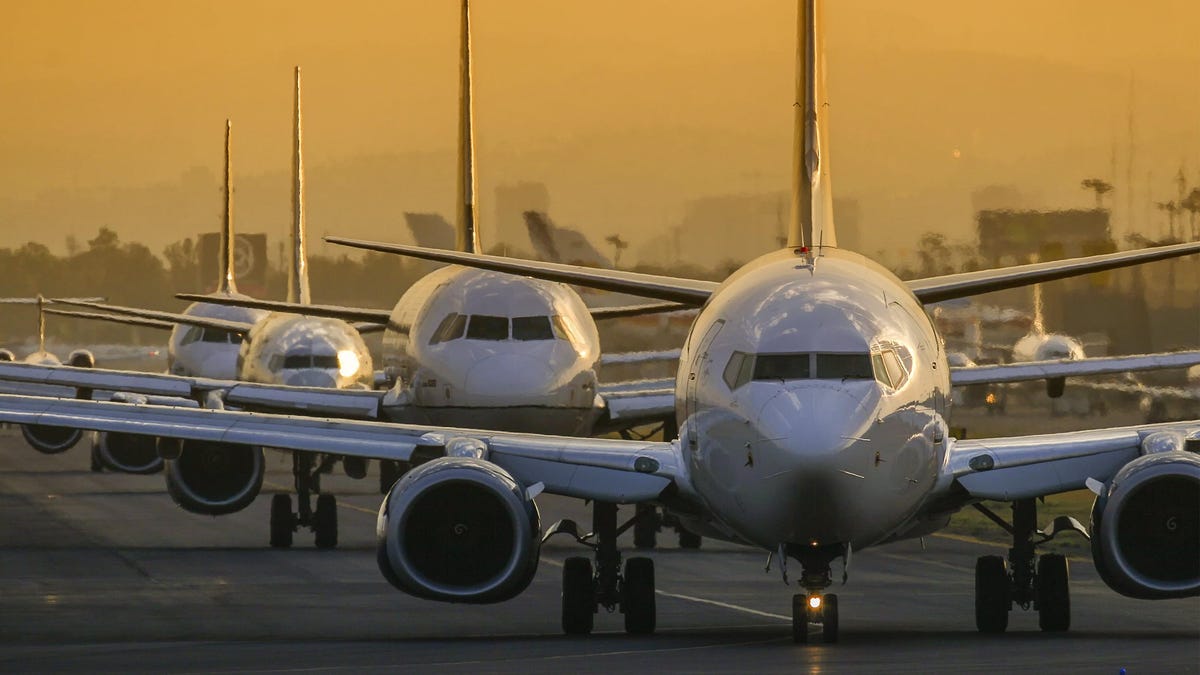Bussiness
New Boeing Whistleblower Warns of Potentially ‘Devastating Consequences’ From Plane Flaws

Another day, another Boeing whistleblower.
Richard Cuevas, described by his lawyers as an experienced mechanic and a 40-year veteran of the airline industry, used to work for Strom, a contractor with Spirit, which is Boeing’s primary parts supplier. Cuevas says that during his time with the company, he saw “critical drilling and sealant issues” on some of the 787 Dreamliner aircraft that he worked on. Specifically, what are called fastener holes located in the plane’s forward pressure bulkhead—the likes of which help different parts of an aircraft fit together—weren’t being drilled to the correct specification, he says, and were slightly larger than they were supposed to be. Those issues could have potentially led to “devastating consequences,” he says, including the “compromise [of] power and air pressure on the planes.”
Shortly after Cuevas filed a complaint with the Federal Aviation Administration’s ethics department and brought the safety issues up with his superiors, however, he found himself out of a job. Now, Cuevas and his lawyers have filed complaints with the FAA, as well as with the Occupational Health and Safety Administration (OSHA), urging the government to launch an investigation into Dreamliner forward pressure bulkheads and asserting that Cuevas suffered “unlawful retaliation.”
“Our client witnessed critical issues with the forward pressure bulkhead assembly on multiple planes that deviated from Boeing’s specifications,” said Cuevas’ attorneys. “He recognized the substandard work and expressed concern about his safety concerns, but Spirit and Boeing failed to stop the faulty manufacturing processes. Mr. Cuevas was fired when his manager found out that an employee complained about these issues.”
Gizmodo reached out to Boeing for comment on this story and will update it if the company responds.
“A subcontractor’s employee previously reported concerns to us that we thoroughly investigated as we take seriously any safety-related matter,” Boeing told CNN. “Engineering analysis determined that the issues raised did not present a safety concern and were addressed.”
Boeing has faced growing scrutiny ever since a bad flight in January in which one of its planes lost part of its hull. Since then, the company has faced a whirlwind of bad press and multiple federal investigations. Justice Department lawyers recently said that the company’s safety issues represent a lapse of a 2021 deferred prosecution agreement related to the 737 Max crashes, which could open the company up to criminal prosecution. Earlier this week, Reuters reported that U.S. prosecutors had recommended to top Justice Department officials that criminal charges be brought against Boeing.







:max_bytes(150000):strip_icc()/roundup-writereditor-loved-deals-tout-f5de51f85de145b2b1eb99cdb7b6cb84.jpg)


